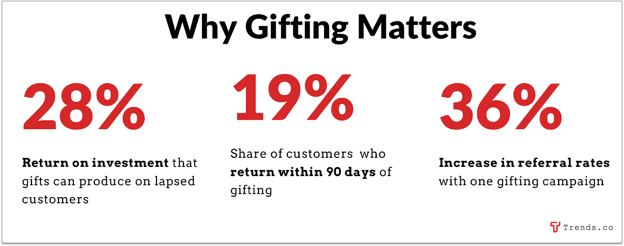OPINION:
When members of both sides of the aisle in Congress work together, Americans should pay close attention. For all of the divisiveness in the nation’s capital, it has become increasingly rare to find common ground between the parties.
What gets the political parties playing nice together, you may ask? Stopping big tech monopolies.
With sky-high inflation and record gas prices, and the crisis in Ukraine, our collective plates are pretty full these days. It’s easy to lose sight of the existential threat that Big Tech is placing over consumers and small business owners.
Conservatives are correct to worry about how Big Tech companies collude to censor free speech. Still, we often overlook how Big Tech warps the way we all interact in the online environment. When I’m shopping online for something I need, I simply type in the item description on a search engine like Google and look at the options it gives me in its convenient “shopping” tab. In my ignorance, I assume I’m getting the best results. In reality, I’m being led through a walled garden, directed to products and ideas that Big Tech wants me to see first and away from those local businesses unwilling to pay big money for dubious results. That is a level of control that even I overlooked for years because the idea that I was being manipulated while shopping from my kitchen table was something that seemed utterly insane.
Several senators noted this growing problem and attempted to fix it with the American Innovation and Choice Online Act. It’s a surprise to hear that Sens. Amy Klobuchar and Chuck Grassley co-sponsored this legislation together — and it recently moved out of committee by a 16-6 vote, including Sen. Ted Cruz.
Big Tech has made itself the gatekeeper for nearly all online business and transactions. This harms consumers, but it can also devastate small businesses. Google can decide with a few keystrokes which individuals and companies can participate in society and which cannot. Businesses have a choice: conform or die. Pay exorbitant fees, and hope that these companies don’t have a reason to bury you in search. Or, worse: Build a product that sells so well on Amazon that the company steals your data to develop a competing product and puts you out of business.
If you hope to build a more open internet in the current environment, think again. Thanks to Canadian Prime Minister Justin Trudeau’s invoking of “emergency powers” not long ago, the world witnessed how quickly big tech can act to end your freedom. In minutes, bank accounts were frozen, and GoFundMe stopped donations. That was just a tiny taste of how quickly the power of big tech can steamroll your freedom.
There is nothing currently stopping Big Tech from arbitrarily shutting down a business because they don’t like your politics — but instead of openly banning you from the internet, they simply bury you or keep you deep in searches so customers will never find you. One would be naive to think that that power would stop at businesses — they can do the same for any political candidate.
Using Google again — and keeping in mind that it commands over 90% of the search market — imagine searching for information about your favorite political candidate and finding nothing.
Yes, the marketplace of social media applications is growing, with GETTR and other companies in app stores. However, Apple and Google still block Parler, which has essentially killed that platform — simply because they disagreed with its politics. This sends a clear message to the would-be competition: Abide by the rules that we’ve created or be destroyed.
Big Tech’s power is overreaching and scary when you think about how quickly they can act to destroy a business or candidate — and fortunately, there is a bipartisan group of senators who identify this and are working together — for once — to strike down this technology tyranny.
The fact that Republicans and Democrats are willing to put aside the extreme partisanship that has defined the last decade-plus of American politics is a testament to how entrenched and dangerous Big Tech has become. The American Innovation and Choice Online Act allows is the significant first step to free and fair competition online in business, politics and communications. If passed, it would end the monopoly governance of our internet ecosystem that has existed for far too long — perhaps kickstarting a new era of consumer choice and opening up new avenues for commerce innovation. Everyone should be paying attention.
• Tim Young is a columnist with The Washington Times.









More Stories
The Impending Writers’ Strike and Its Potential Impact on the Advertising Industry
Selling to the World’s Largest Customer
They don’t measure up to AirPods Pro